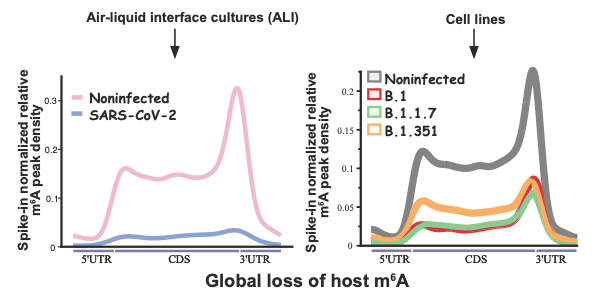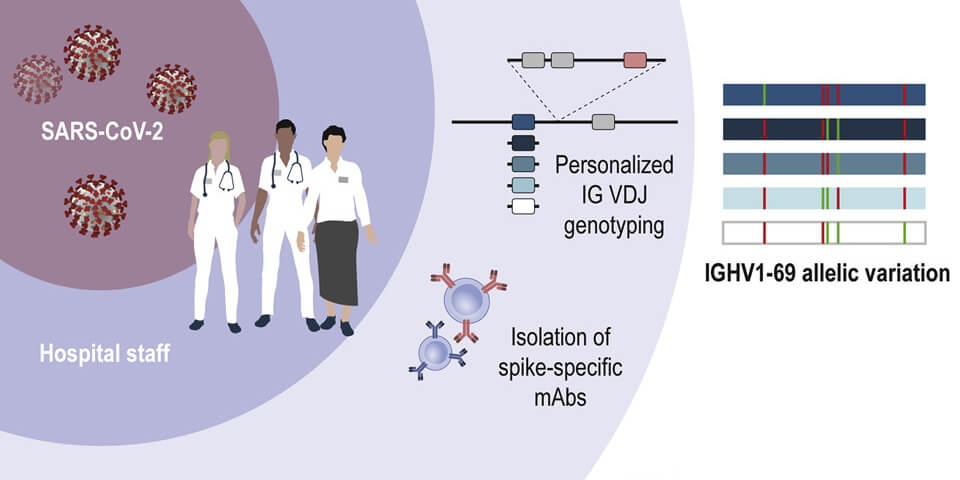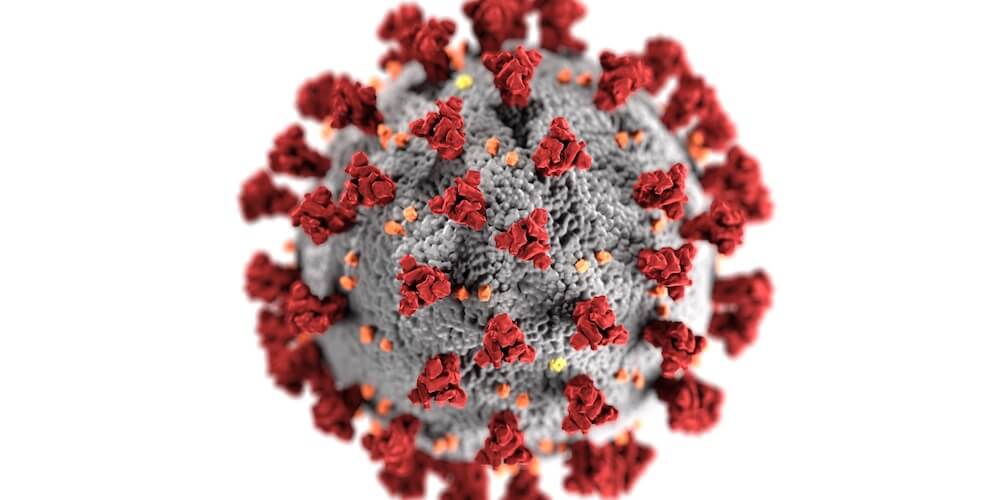Background
Coronavirus disease (COVID-19) is an infectious disease caused by the novel SARS-CoV-2 virus. Since its start in early 2020, the COVID-19 pandemic has challenged societies worldwide. While most people infected experience mild to moderate respiratory illness and recover without treatment, the disease can be severe or fatal. Advanced age and underlying medical conditions, such as cardiovascular disease, diabetes, cancer, or chronic respiratory disease, have all been associated with increased risk of severe outcome. However, anyone independent of age or comorbidities is at risk for COVID-19 severe disease outcome. As of March 2022, more than 200 million confirmed cases and over 4 million deaths have been reported.
The research community worldwide has, in an unprecedented way, focused their research efforts towards investigating the novel SARS-CoV-2 virus and variants, as well as variants of concern (VoCs) have emerged more, and the impact of COVID-19 on human body. These contributions from the research community have been a crucial part of the rapid vaccine development. Vaccines are today the cornerstone of global pandemic management. Whilst vaccines were rolled out in record time and have proven very effective diminishing the risk of severe COVID-19 disease and death, many research questions remain. Although we are now entering a more endemic period, COVID-19 is a serious health threat worldwide. Research and lessons learned are crucial for early detection of outbreaks, ability to rapidly identify potential new SARS CoV-2 variants of concern, development of additional treatment options, and future pandemic preparedness. There is still an uncertainty regarding the duration of vaccine protection and effectiveness of booster doses. In addition, vaccine escape has been shown by several current VoCs which could make vaccines less efficient.
Data highlights (37)
COVID-19
COVID-19 Infectious Diseases
COVID-19 Infectious Diseases
Dashboards (11)
Editorials (1)
COVID-19
Sample collections (36)
| Name | Type | Size | Materials |
|---|---|---|---|
Dalarna biobank (forskningsprov och nyinsamlade prov):SARS-CoV-2 PCR positiva Dalarna |
Healthcare sample collection | 1000 - 10.000 | Nasal swab Throat swab |
Gävleborg biobank:Klinisk mikrobiologi |
Healthcare sample collection | 1000 - 10.000 | Nasal swab Serum Throat swab Other |
Halland biobank:Patologen Halland |
Healthcare sample collection | 100 - 1000 | Tissue (stained sections/slides) Tissue (paraffin preserved) |
Ongoing research projects (50)
| Project title | Funder |
|---|---|
Mental health of young LGBTQ+ people: Trends over time and during the COVID-19 pandemic, causes of mental ill-health, and ways to improve mental health of young LGBTQ+ peopleHost institute:
Karolinska Institute |
Forte |
The fatigue cohort - A longitudinal study on psychobiological mechanisms in post-COVID, chronic fatigue and exhaustion syndromes.Host institute:
Stockholms universitet |
Forte |
The unequal pandemic: investigating the relationship between health equity and political responses to covid-19Host institute:
Stockholms universitet |
Forte |






